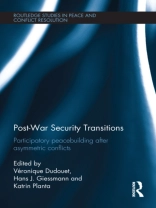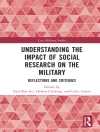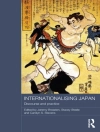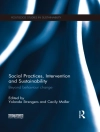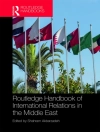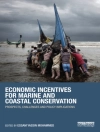This book explores the conditions under which non-state armed groups (NSAGs) participate in post-war security and political governance.
The text offers a comprehensive approach to post-war security transition processes based on five years of participatory research with local experts and representatives of former non-state armed groups. It analyses the successes and limits of peace negotiations, demobilisation, arms management, political or security sector integration, socio-economic reintegration and state reform from the direct point of view of conflict stakeholders who have been central participants in ongoing and past peacebuilding processes.
Challenging common perceptions of ex-combatants as ’spoilers’ or ’passive recipients of aid’, the various contributors examine the post-war transitions of these individuals from state challengers to peacebuilding agents. The book concludes on a cross-country comparative analysis of the main research findings and the ways in which they may facilitate a participatory, inclusive and gender-sensitive peacebuilding strategy.
Post-War Security Transitions will be of much interest to students of peacebuilding, security governance, war and conflict studies, political violence and IR in general.
